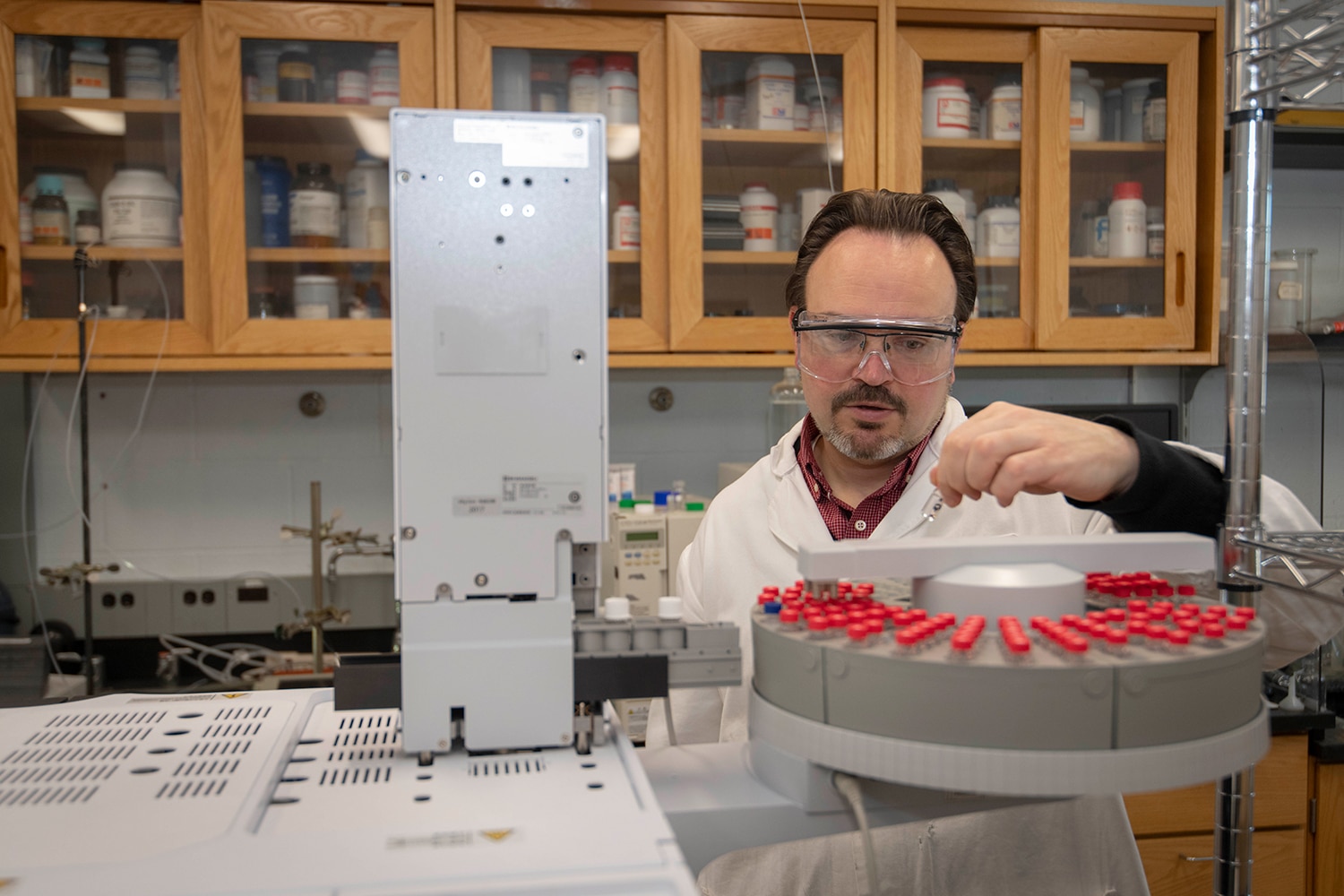
High demand for crude oil and low supply pushed the gas prices upward this year. Food prices are also rising. With the gas price soaring and food costs pinching family budgets, researchers around the world are looking at other options like waste materials such as plastic waste and nuclear waste to make affordable fuel alternatives.
An interdisciplinary team of researchers at Worcester Polytechnic Institute (WPI) is using food waste to make a renewable and more affordable fuel replacement for oil-based diesel. “By creating a biodiesel through this method, we’ve shown that we can bring the price of gas down to $1.10 per gallon, and potentially even lower,” Chemical Engineering Professor Michael Timko said.
According to the Environmental Protection Agency, in 2018, in the United States, about 81% of household food – about 20 tons – ended up in landfills or combustion facilities. Food waste is also a major contributor to climate change – once it’s placed in landfills, it emits methane, a greenhouse gas.
Timko said, “Converting food waste to diesel also has the potential to offset up to 15.3 million tons of CO2 every year, lowering greenhouse gas emissions in the United States by 2.6%.” Timko and his team are now focused on finding a way to make the conversion process easier to scale and bring to the commercial market.
To make the fuel from food waste, the WPI researchers employed a process called hydrothermal liquefaction, which uses heat and water to break down the food waste into a liquid. The method has been used widely in converting other materials into biofuel, including algae.
However, using food waste removes the need to grow and cultivate algae – an expensive and time-consuming process – while also leading to similar results for the amount of fuel that is extracted. The team also used an inexpensive catalyst made of a naturally occurring mineral found in bones to get as much as 30% more energy out of the food waste.
Assistant Professor Andrew Teixeira and Ph.D. student Heather LeClerc played key roles in the research as well. For this work on food waste and biofuel, LeClerc also worked with the Woods Hole Oceanographic Institute on Cape Cod to better understand the biocrudes the WPI team was producing.
The team will now continue their efforts to refine the fuel even further and develop ways to use the process to make home heating oil and marine diesel to power ships.
Using food waste to make a renewable and more affordable fuel
Source: Tambay News

0 Comments